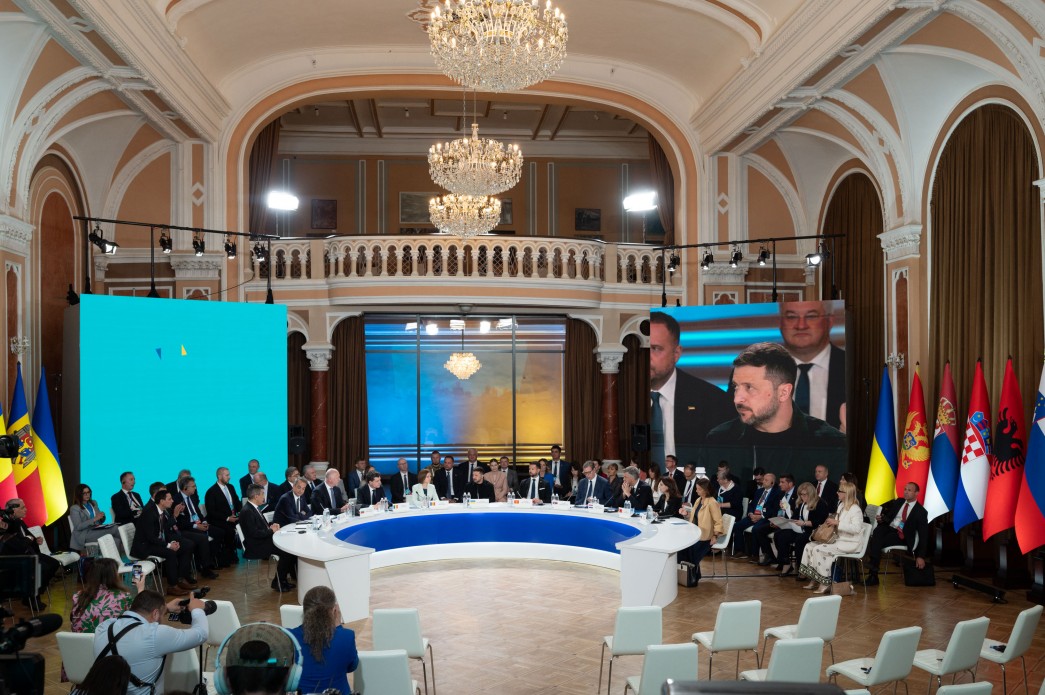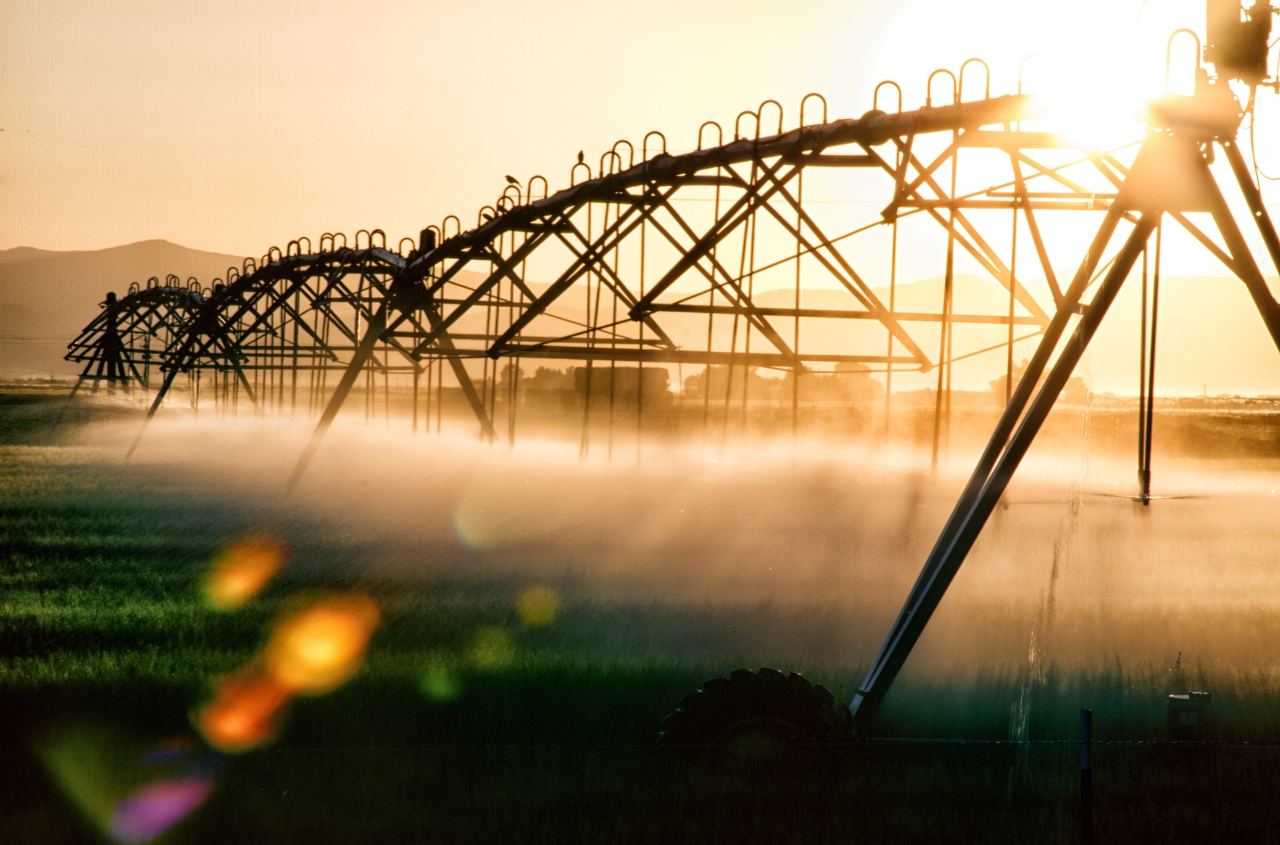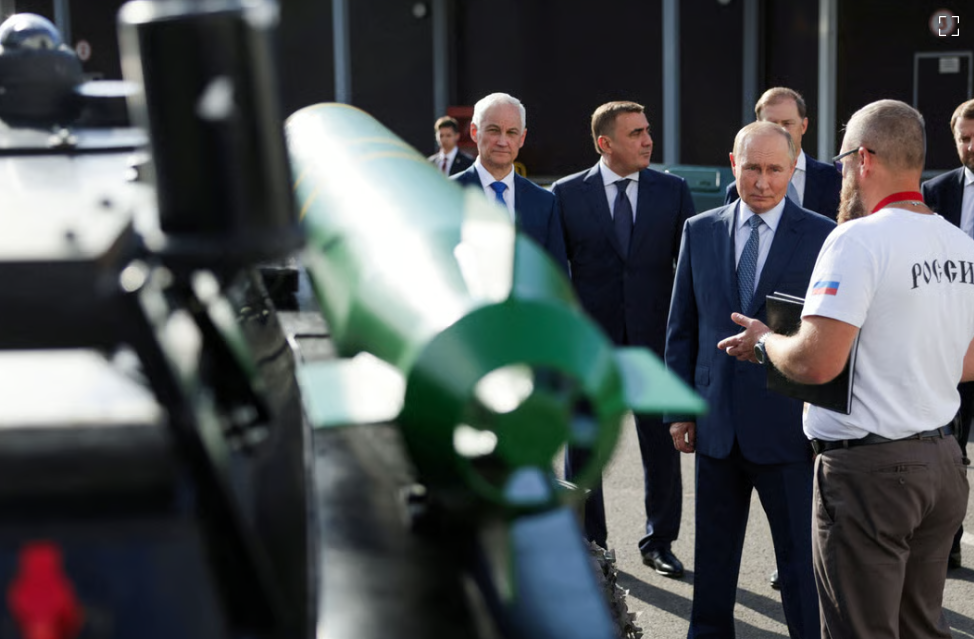As Ukraine prepares for the upcoming Ukraine Recovery Conference in Rome on July 10–11, President Volodymyr Zelenskyy is strengthening diplomatic ties with key Southeast European leaders—consolidating political support, defense aid, and post-war reconstruction partnerships.
In a flurry of bilateral meetings following the Ukraine–Southeast Europe Summit, Zelenskyy sat down with Serbian President Aleksandar Vučić, Bulgarian Prime Minister Rossen Jeliazkov, Croatian Prime Minister Andrej Plenković, and Greek Prime Minister Kyriakos Mitsotakis. Each exchange served a different strategic purpose—but all reinforced the growing consensus that Ukraine’s stability is essential for Europe’s security.
A Subtle Shift in Serbia
In what some see as a symbolic diplomatic opening, Serbia's President Vučić reaffirmed Belgrade’s commitment to Ukraine’s sovereignty and territorial integrity—words that carry weight given Serbia’s historically close ties with Russia. Zelenskyy, in turn, thanked Serbia for its participation in the summit and for providing financial and humanitarian assistance, including support for Ukraine’s strained energy sector.
The two leaders also discussed EU integration paths—an area where Ukraine is racing ahead but Serbia remains entangled in political and institutional complexity. Zelenskyy invited Serbia to join the broader reconstruction effort, including taking patronage over several Ukrainian settlements damaged by war.
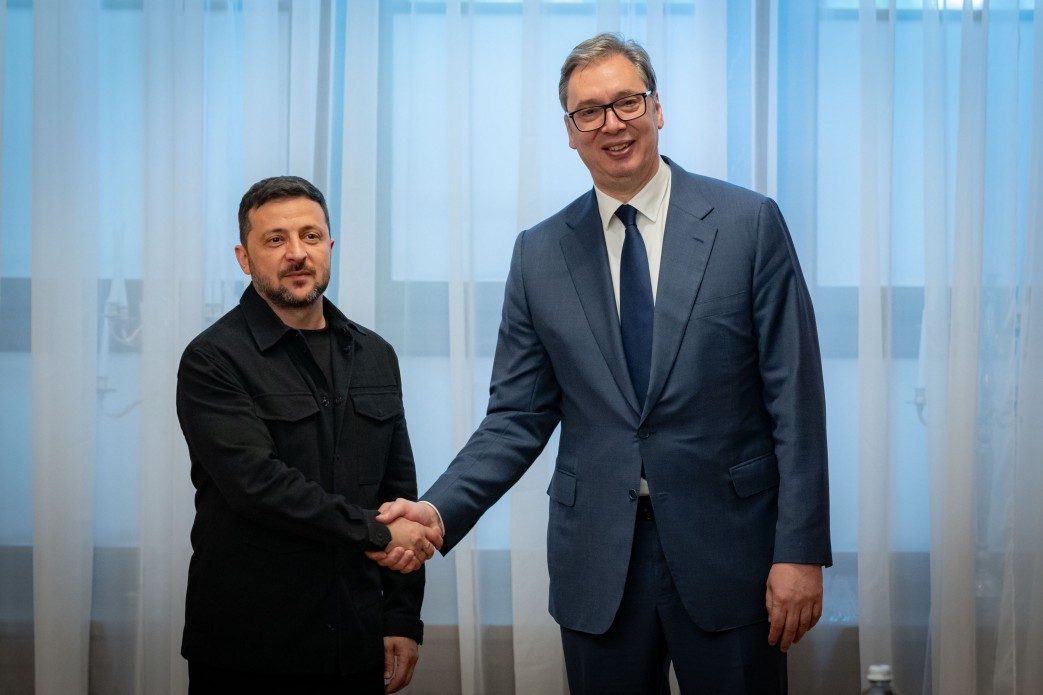
Bulgaria’s Steadfast Support
With Bulgaria, Zelenskyy struck a tone of continuity and strategic alignment. Prime Minister Jeliazkov's presence at the summit and his government's eleventh package of defense aid underscore Sofia's unwavering support. Discussions covered a wide spectrum: Ukraine’s EU accession talks, Black Sea security, and collaboration in the energy sector.
Zelenskyy praised Bulgaria for backing the swift opening of negotiation clusters within the EU framework—particularly acknowledging progress on issues involving national minorities. He also expressed appreciation for Bulgaria’s defense assistance and the willingness to continue supplying critical materiel.
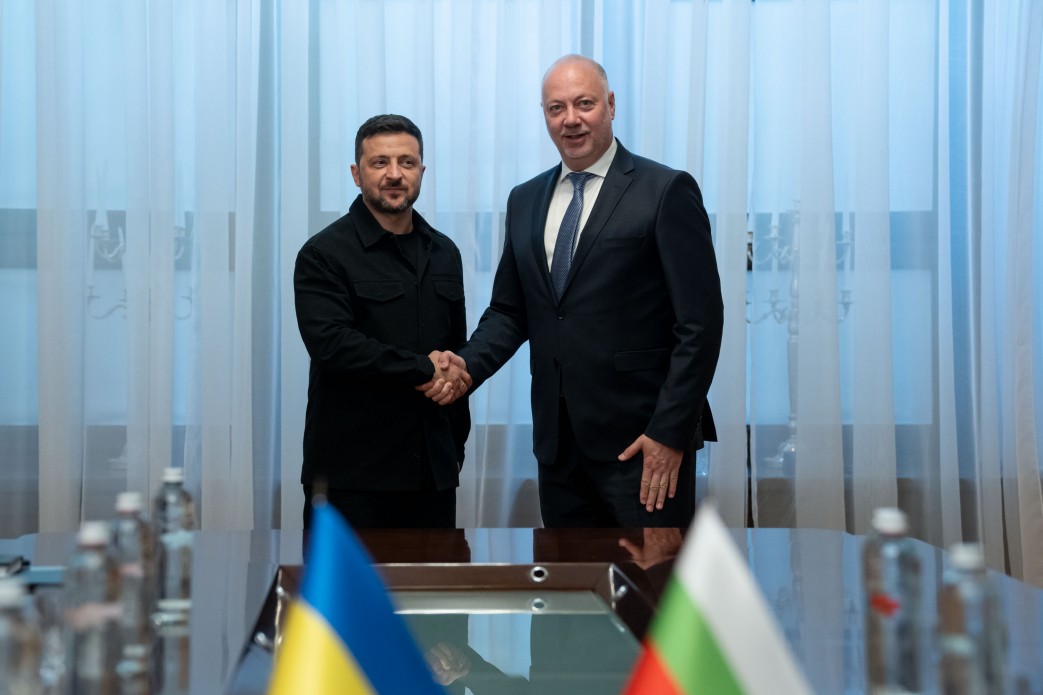
Croatia’s Veteran Diplomacy
Croatia, a country with its own recent wartime experience, has become an important partner in both military and humanitarian dimensions. In talks with Prime Minister Plenković, Zelenskyy focused on Ukraine’s need for artillery systems and ammunition. Croatia has already delivered 13 military aid packages—more than some NATO states.
Yet the partnership goes beyond the battlefield. Croatia is offering medical rehabilitation to Ukrainian soldiers and wellness programs for children affected by the war. Notably, Zagreb will host the first international conference on veteran support in October, extending Croatia’s role as a hub for post-war recovery and knowledge-sharing.
Greece and the Black Sea Outlook
In Odessa, Zelenskyy met with Greek Prime Minister Kyriakos Mitsotakis, with a strong focus on security in the Black Sea region. The two discussed Ukraine’s urgent need for enhanced air defense systems to protect civilians from Russian shelling—a theme echoed in all the meetings.
But their conversation also turned to reconstruction. Both nations share an interest in revitalizing port infrastructure, particularly in Odessa. Zelenskyy noted that such efforts will be central to the agenda of the upcoming recovery conference in Rome.
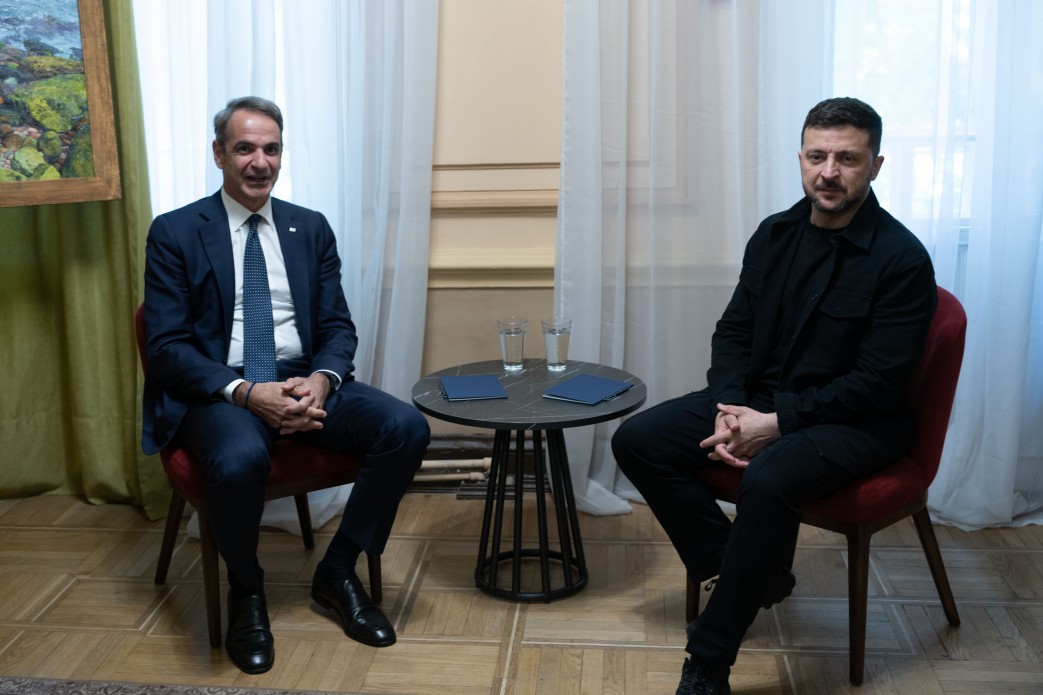
Toward Rome—and Beyond
As Ukraine continues to absorb the toll of full-scale war, it is also steadily building a new web of regional alliances. The message from Kyiv is clear: the path to peace must run through sustained international pressure on Russia, and the path to prosperity requires collective investment in Ukraine’s recovery.
In rallying Serbia, Bulgaria, Croatia, and Greece, Zelenskyy is shaping a broader coalition—one rooted in shared European values, mutual security concerns, and a vision of Ukraine not just as a victim of war, but as a partner in Europe’s future.









